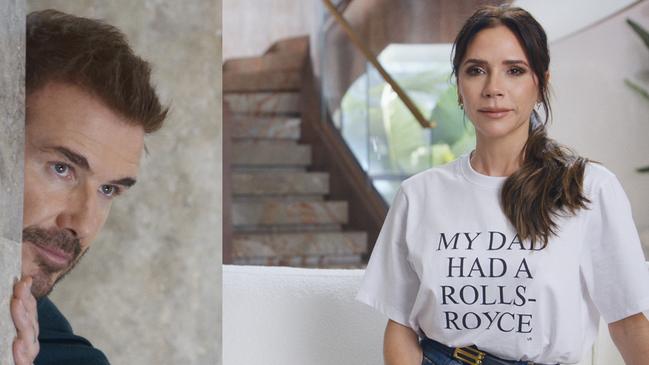Being generous might be the most self-serving thing a brand can do
If marketing is to thrive and be effective in the attention economy, it must embrace culture and put entertainment ahead of selling.

It’s international award season in the world of advertising and marketing. While some would declare that awards in advertising are an evergreen sport, right now is when three very prominent shows own the calendar and are judged in relatively quick succession, even with some brutal overlap.
We’re talking about the American One Show, the British D&AD and the more worldly Cannes International Festival of Creativity. These are the staples that pretty much every marketing creative wants to win and then beyond winning, be involved in judging.
And this year in a strange, blessed twist of fate, both of us, the chief creative officers of Special Australia, were asked to judge the very same entry category – Entertainment. Not together, but in two of these very pre-eminent award shows. Simultaneously, we found ourselves doing early mornings of prejudging, staying up late nights, watching huge stretches of case studies, documentaries, long form, short form, any form of content from all over the world – all designed to not just be marketing but go beyond that and live as a form of entertainment.
Now if you pause and think about that for a hot second – trying to win marketing hearts and minds as entertainment is one hell of an ambitious undertaking. Because, as we all know, the public are not sitting around waiting to give their attention to marketing, they’re too busy watching the latest episode of Shogun on Disney+ (check it out, it’s very Game of Thrones) or that questionable Anne Hathaway rom-com based on Harry Styles fan fiction on Prime.
And yet for marketing to thrive and be effective in the attention economy we live in, there’s a pretty strong argument this is exactly where we need to live and breathe.
Entertainment is our real competition. Not all other marketing, but the glorious distractions, the content, and everything else that finds its way on to YouTube, streaming services, Instagram, Twitch, Spotify and the list goes on. And to honestly have a chance at competing successfully in that arena there seems to be a common ingredient beyond being creative – generosity. More specifically perhaps, cultural generosity.
The brands that succeed in this space don’t selfishly push their message in a form they’re comfortable with, on channels they control. They instead become students of culture and entertainment themselves. They learn and adapt to the styles and codes people actively chase to engage with. They take calculated clever risks, try new styles of idea and execution that don’t fit the mould of traditional marketing.
And if they get it right, they create something that doesn’t feel like a sell but more like a cultural gift. Something people want to engage with because they not only enjoy or are moved by it, but they want to talk about it, share it around, even score kudos for spotting it and passing it on.
Having worked with brands such as Uber and Virgin in the past couple of years we believe we’ve found genuine creative cut through and effectiveness through trying to be culturally generous. Playing with and rewarding people for their cultural understanding.
Whether it took the shape of a fillet-o-fish car, purpose built to drive in front of an iconic shark bus that drove people to the Auckland aquarium, or a film with the Beckhams remaking their documentary meme or, even transforming every middle seat of an airline into a lottery ticket – all of these pieces of marketing try to be culturally generous. To give some entertainment, some empathy and some reward for paying attention and participating.
A key reason why this has become so essential is the foundation it creates. It puts to bed once and for all the arrogance of acting like people want their lives interrupted, replacing it with humbly asking “what are we offering to make this worth sticking around for?” Generosity also acknowledges the fundamental truth that people aren’t just your audience anymore, they’re your media channel and advocate as well. If they enjoy what you’re giving them, then armed with phones, laptops, smart TVs and watches, they’ll take your stuff into places advertising just can’t reach – they’ll do the reaching for you. It’s word of mouth with the power of a million servers behind it.
Dare we say it, there’s a pretty strong argument for brand generosity being the new bridge between creativity and effectiveness. The connective tissue between an idea being made and it being grabbed with both hands, rather than dropped cold and callously ignored.
After all, never forget there’s always six epic seasons of Better Call Saul ready and waiting to go.
Julian Schreiber and Tom Martin are partners and chief creative officers at Special Australia.



